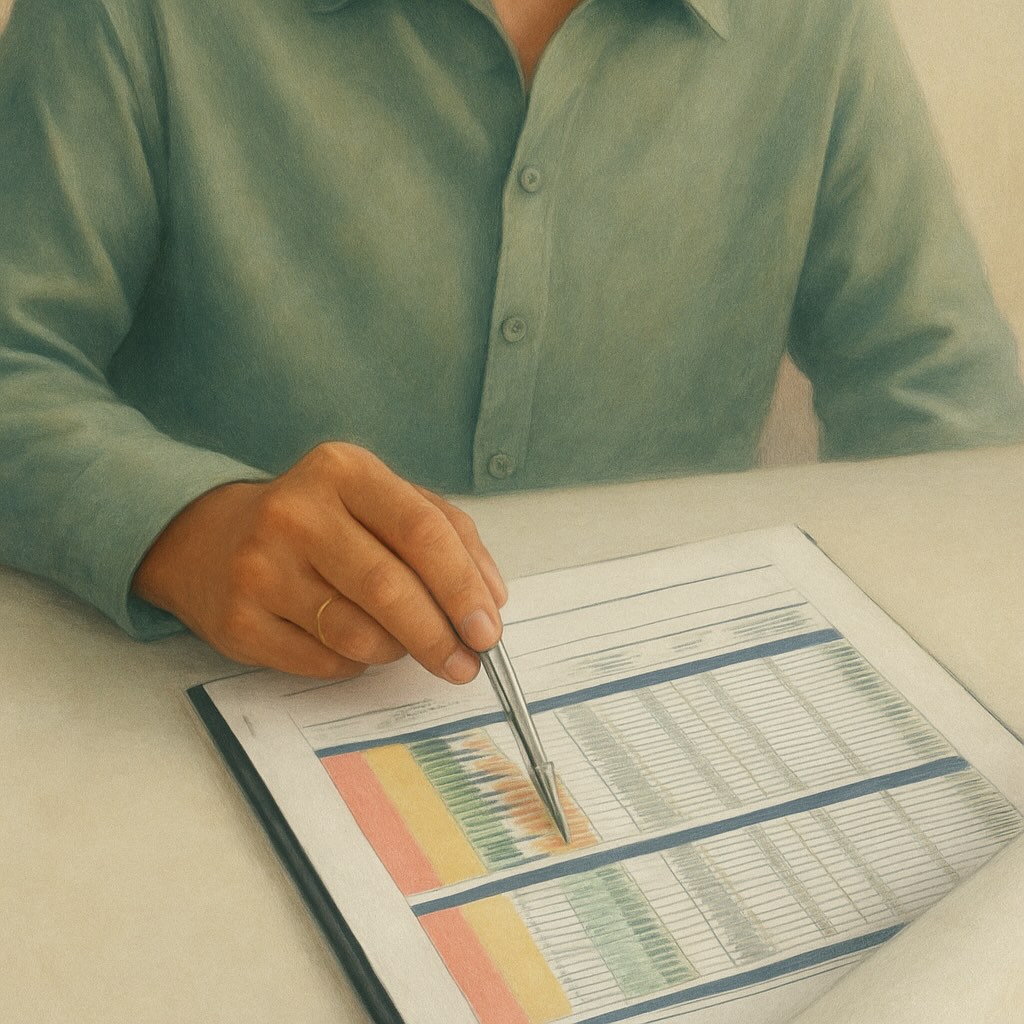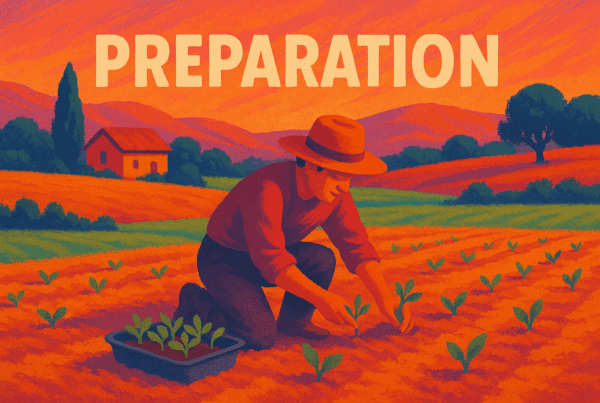
What is the Psychedelic Preparedness Scale?
The Psychedelic Preparedness Scale (PPS) is a tool designed to assess an individual’s readiness for a psychedelic experience. It is based on key psychological, emotional, and practical factors that contribute to a safe and meaningful journey. By measuring preparedness across multiple domains, the PPS helps individuals determine areas of strength and areas that may require further attention before engaging with psychedelics.
How to Use the Psychedelic Preparedness Scale
-
- Complete the Questionnaire – Answer each question honestly based on your current state of preparedness.
- We’ll calculate you your score – Your results report will be delivered to your email box. The sum of individual responses provides an overall score reflecting your level of readiness.
- Interpret Your Results – Use the scoring guide below to understand what your score means and what steps you may need to take before proceeding.
Interpreting Your Psychedelic Preparedness Scale Score
| Readiness Level | Interpretation | Recommendation |
|---|---|---|
| Minimal Preparedness 0-26 |
There are significant gaps in readiness across all domains. | Consider improving preparation, including mental health evaluation, education on psychedelics, and establishing a robust support network. |
| Low Preparedness 27-54 |
Limited readiness with notable areas needing improvement. | Focus on learning more about psychedelics, clarifying intentions, and developing coping strategies. |
| Moderate Preparedness 55-82 |
Basic readiness is present, but certain domains require attention. | Strengthen weaker areas, such as building support systems or improving emotional regulation techniques. |
| High Preparedness 83-111 |
Strong readiness with minor areas for refinement. | Refine existing preparation, ensure all support mechanisms are in place, and plan for integration post-experience. |
| Optimal Preparedness 112-140 |
Comprehensive readiness across all domains. You have a solid understanding of the experience, emotional resilience, and integration strategies. | Maintain current preparation levels, stay informed, and consider sharing insights to assist others in their preparation. |
Additional Considerations
-
- Personalized Feedback: Beyond the total score, reviewing individual domain scores can provide specific insights into which areas need more attention. Reflect on questions where you self-scored lower and increase those scores.
- Resource Recommendations: In your results report, we’ll include resources that align to your results.
- Reassessment Over Time: Readiness can change based on personal growth, experiences, and new insights. Consider retaking the PPS periodically to track progress.
Final Thoughts
A key way I have prepared for psychedelic experiences is by ensuring that I’m giving myself the time and space to be fully present. I make sure that all other life-related tasks are off my plate for the day. In fact, I think about what else is going on in my life around that time. Is there any area of my life that is particularly overwhelming that will keep me from being present during the experience? The more I can create the space, the better I feel about being mentally and physically able to surrender and be fully present for the journey.
The PPS is not a pass-or-fail test but rather a guide to help individuals assess their level of readiness and take necessary steps toward a safer and more meaningful psychedelic experience. Proper preparation will enhance the likelihood of a transformative, insightful, and well-integrated journey.
Before proceeding with any psychedelic experience, always prioritize safety, education, and personal well-being.
This scale was developed by a team at the University College of London and published in early 2024 for public use. Developed using a structured expert-user method known as DelFo (a Delphi-style focus group process), the PPS was created by integrating perspectives from clinicians, facilitators, and experienced psychedelic users. This method helped distill the most critical components of preparation into a psychometrically rigorous assessment tool.
The PPS isn’t just philosophically compelling — it’s scientifically robust. The scale demonstrated excellent reliability (omega = 0.954) and significantly predicted outcomes in participants of a legal psilocybin retreat. Higher preparedness scores were associated with more positive therapeutic responses, supporting its value as a pre-experience screening and planning tool.
As psychedelic therapy becomes more structured and regulated, tools like the PPS may help facilitators:
-
Assess client readiness before a session
-
Track changes resulting from preparation efforts
-
Identify areas that may need more support before proceeding
-
Predict likelihood of meaningful, integrable experiences
This marks a shift toward more evidence-based preparation in psychedelic care, with the potential to improve outcomes and safety alike.
How the Psychedelic Preparedness Scale Works
The finalized 20-item PPS is built around four distinct dimensions of psychedelic preparedness:
-
Knowledge & Expectations – understanding of the experience, realistic outcome expectations
-
Intention & Preparation – clarity of motivation and emotional groundwork
-
Psychophysical Readiness – personal stability, health status, and capacity to navigate altered states
-
Support Planning – structures in place for safety, integration, and post-session care
These domains reflect the consensus that effective preparation is more than just information — it includes emotional readiness, physical stability, and supportive surroundings.
How to Use the Psychedelic Preparedness Scale
-
- Complete the Questionnaire – Answer each question honestly based on your current state of preparedness.
- We’ll calculate you your score – Your results report will be delivered to your email box. The sum of individual responses provides an overall score reflecting your level of readiness.
- Interpret Your Results – Use the scoring guide below to understand what your score means and what steps you may need to take before proceeding.
Interpreting Your Psychedelic Preparedness Scale Score
| Readiness Level | Interpretation | Recommendation |
|---|---|---|
| Minimal Preparedness 0-26 |
There are significant gaps in readiness across all domains. | Consider improving preparation, including mental health evaluation, education on psychedelics, and establishing a robust support network. |
| Low Preparedness 27-54 |
Limited readiness with notable areas needing improvement. | Focus on learning more about psychedelics, clarifying intentions, and developing coping strategies. |
| Moderate Preparedness 55-82 |
Basic readiness is present, but certain domains require attention. | Strengthen weaker areas, such as building support systems or improving emotional regulation techniques. |
| High Preparedness 83-111 |
Strong readiness with minor areas for refinement. | Refine existing preparation, ensure all support mechanisms are in place, and plan for integration post-experience. |
| Optimal Preparedness 112-140 |
Comprehensive readiness across all domains. You have a solid understanding of the experience, emotional resilience, and integration strategies. | Maintain current preparation levels, stay informed, and consider sharing insights to assist others in their preparation. |
Additional Considerations
-
- Personalized Feedback: Beyond the total score, reviewing individual domain scores can provide specific insights into which areas need more attention. Reflect on questions where you self-scored lower and increase those scores.
- Resource Recommendations: In your results report, we’ll include resources that align to your results.
- Reassessment Over Time: Readiness can change based on personal growth, experiences, and new insights. Consider retaking the PPS periodically to track progress.
Final Thoughts
A key way I have prepared for psychedelic experiences is by ensuring that I’m giving myself the time and space to be fully present. I make sure that all other life-related tasks are off my plate for the day. In fact, I think about what else is going on in my life around that time. Is there any area of my life that is particularly overwhelming that will keep me from being present during the experience? The more I can create the space, the better I feel about being mentally and physically able to surrender and be fully present for the journey.
The PPS is not a pass-or-fail test but rather a guide to help individuals assess their level of readiness and take necessary steps toward a safer and more meaningful psychedelic experience. Proper preparation will enhance the likelihood of a transformative, insightful, and well-integrated journey.
Before proceeding with any psychedelic experience, always prioritize safety, education, and personal well-being.
[/vc_column_text][/vc_column][/vc_row]



